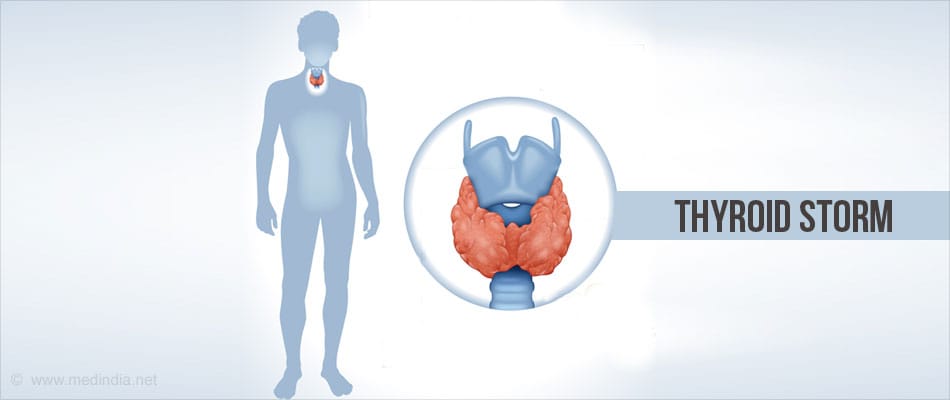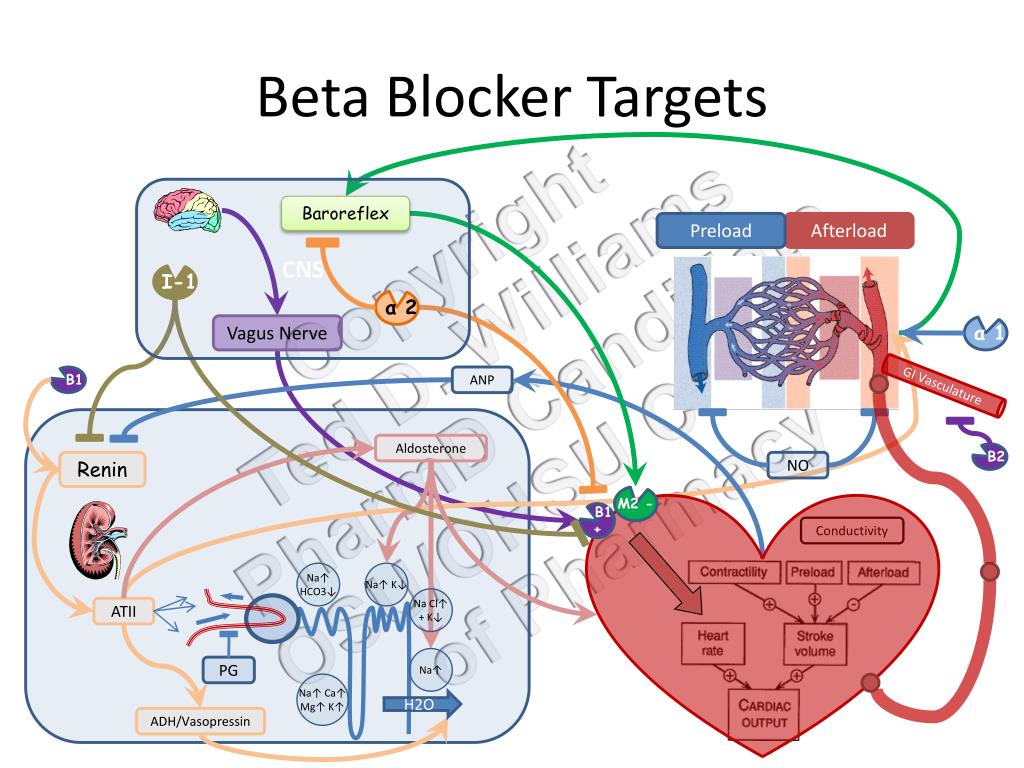Thyroid Storm - A Rare but Life-Threatening Emergency

Understanding Thyroid Storm
A thyroid storm is a rare but potentially life-threatening complication of untreated or inadequately treated hyperthyroidism. It occurs when the body's metabolic rate increases to dangerous levels, causing a cascade of severe symptoms.
What happens during a Thyroid Storm?
When a thyroid storm occurs, the body's metabolic rate accelerates to an extreme degree, causing a surge in thyroid hormones. This can lead to a range of severe symptoms, including:
- Extreme tachycardia (rapid heart rate)
- High fever
- Vomiting and diarrhea
- Abdominal pain
- Seizures
- Confusion and altered mental state
- Heart failure
Causes and Risk Factors
A thyroid storm can be triggered by various factors, including:
- Untreated or inadequately treated hyperthyroidism
- Withdrawal from thyroid medication
- Infection or illness
- Surgery
- Radioactive iodine treatment
Diagnosis and Treatment
Diagnosing a thyroid storm requires prompt medical attention. Treatment typically involves:
- Medications to reduce thyroid hormone levels
- Beta blockers to slow heart rate
- Supportive care to manage symptoms
- Addressing underlying triggers
Triggers and Risk Factors
What Triggers a Thyroid Storm?
A thyroid storm is a rare but life-threatening medical emergency that can be triggered by various factors, including:
- Stress: Physical or emotional stress can trigger a thyroid storm in individuals with uncontrolled hyperthyroidism.
- Infection: Infections such as pneumonia, urinary tract infections, or sepsis can trigger a thyroid storm.
- Surgery: Surgical procedures, especially those involving the thyroid gland, can trigger a thyroid storm.
- Discontinuing thyroid medication: Stopping thyroid medication abruptly or missing doses can lead to a thyroid storm.
Who is at Risk?
Certain individuals are at a higher risk of developing a thyroid storm, including:
- People with a history of hyperthyroidism: Those with uncontrolled or untreated hyperthyroidism are at risk.
- Graves' disease: Individuals with Graves' disease, an autoimmune form of hyperthyroidism, are at higher risk.
- Thyroid surgery: Those who have undergone thyroid surgery, especially if the surgery was incomplete or complications arose, are at risk.
Symptoms of Thyroid Storm
A thyroid storm is a rare but life-threatening emergency that requires immediate medical attention. The symptoms can vary in severity, but here are some common ones to look out for:
Severe Symptoms
- Rapid heartbeat (tachycardia) - a heart rate above 140 beats per minute
- High blood pressure (hypertension) - blood pressure above 180/120 mmHg
- Vomiting - severe and persistent
- Diarrhea - severe and persistent
- Abdominal pain - severe and persistent
Other Symptoms
- Fever - high body temperature above 38°C (100.4°F)
- Confusion - disorientation, agitation, and altered mental state
- Seizures - convulsions and loss of consciousness
- Coma - loss of consciousness and unresponsiveness
If you or someone you know is experiencing these symptoms, seek immediate medical attention. A thyroid storm can lead to heart failure, respiratory failure, and even death if left untreated.
Diagnosis and Treatment
Diagnosis
Diagnosis of thyroid storm is based on a combination of clinical presentation, laboratory tests, and ruling out other conditions. A diagnosis is typically made based on the presence of:
- Clinical signs and symptoms such as tachycardia, hypertension, fever, and altered mental status
- Elevated thyroid hormone levels (T4 and T3) in blood tests
- Exclusion of other conditions that may present with similar symptoms, such as sepsis, heart failure, and pulmonary embolism
Treatment
Treatment of thyroid storm involves a multidisciplinary approach and requires hospitalization in an intensive care unit (ICU). The goals of treatment are to:
- Reduce thyroid hormone levels
- Manage symptoms and prevent complications
- Identify and treat underlying triggers
Treatment strategies include:
- Medications to reduce thyroid hormone levels, such as methimazole, propylthiouracil, and potassium iodide
- Beta-blockers to control heart rate and blood pressure
- Supportive care, including oxygen therapy, fluids, and electrolyte replacement
- Close monitoring of vital signs, cardiac function, and mental status
Prevention and Management
Preventing Thyroid Storm
Preventing thyroid storm requires proper management of hyperthyroidism through medication, surgery, or radioactive iodine treatment. It is essential to work closely with a healthcare provider to ensure that the underlying condition is well-controlled.
Regular Monitoring and Follow-up
Regular monitoring and follow-up with a healthcare provider are crucial in preventing thyroid storm. This includes regular blood tests to check thyroid hormone levels and adjusting treatment as needed.
Early Recognition of Warning Signs
Being aware of the warning signs of thyroid storm, such as rapid heartbeat, high blood pressure, and fever, can help with early recognition and prompt treatment.
Lifestyle Modifications
Lifestyle modifications, such as stress reduction, a healthy diet, and regular exercise, can also help manage hyperthyroidism and reduce the risk of thyroid storm.















Comments ()